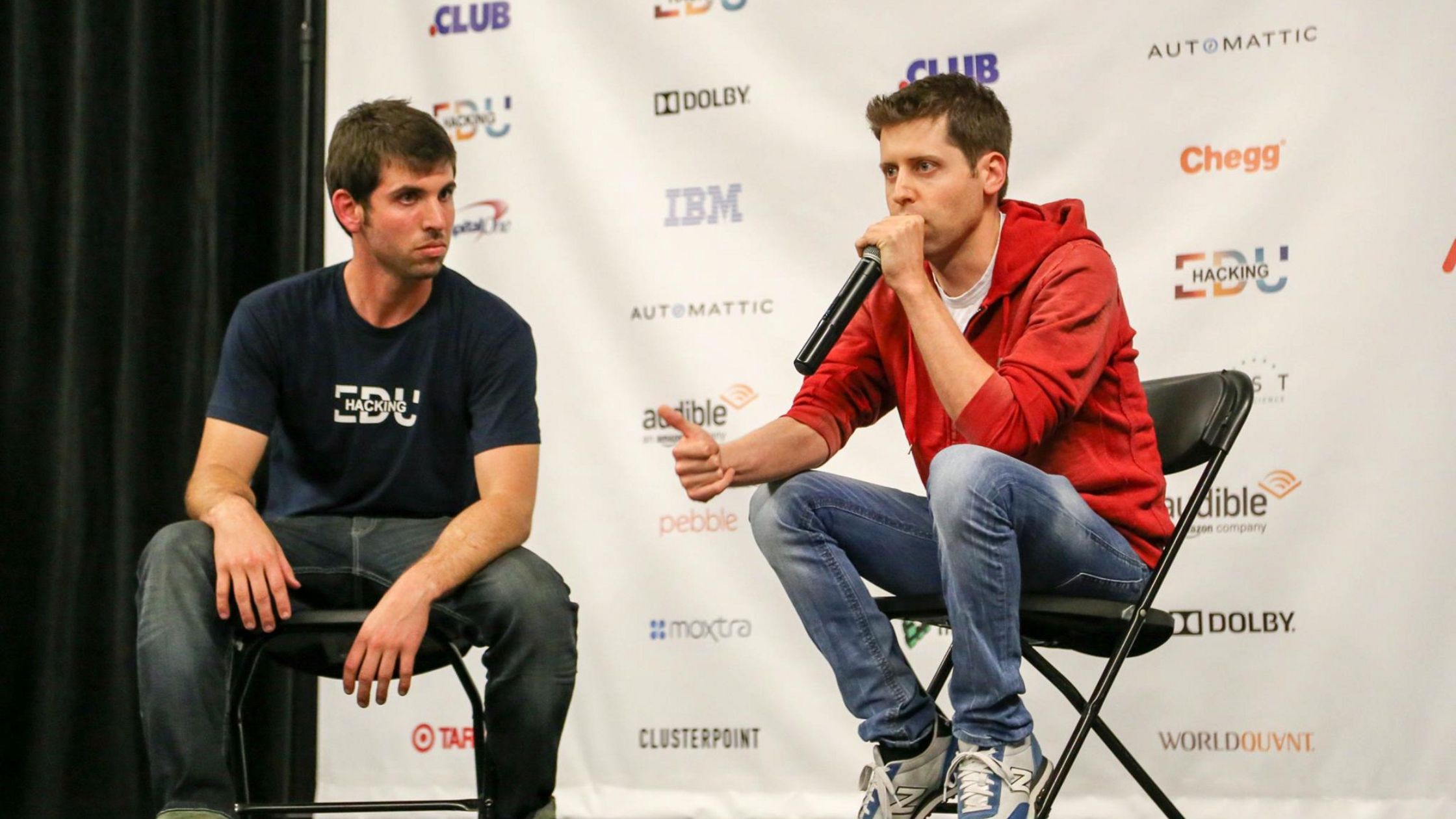Sam Altman is being very clear. The CEO of OpenAI and the person who designed ChatGPT is ringing the alarm and the opportunity bell about the huge changes AI will bring to the global workforce. In his most recent public statements, Altman predicts something bolder than just disruption: the complete disappearance of entire job categories as AI becomes deeply embedded in all levels of society.
This isn’t just a guess about science fiction. Altman’s prediction is based on the very real and quick progress we are already seeing in generative AI. Large language models like ChatGPT are already doing things that used to take a team of skilled people to do, like writing code, analyzing data, and making content automatically.
“It’s not just that AI can do what we do; it’s that AI can do things we never thought it could,” Altman says.
From streetlights to superintelligence
Altman says that the changes we are going through now are similar to changes in technology that have happened in the past, such as when electricity changed public lighting and ended the job of lamplighter. What he meant was When technology changes, it often wipes out the old before people realize that the change is permanent.
This is a reason for concern for some. But Altman’s tone is still hopeful. He thinks that even though jobs will go away, new ones—jobs that don’t even exist yet—will take their place. We’ve seen this same pattern in both the industrial and digital revolutions. Still, the speed of this change is what makes AI unique. The change isn’t coming; it’s already here.
Productivity on steroids
Altman thinks that AI will make people more productive, not just take their jobs. Early reports say that AI tools are doubling or tripling productivity in fields like scientific research and software engineering. Weeks of work are being cut down to just a few hours. Altman says that this efficiency could lead to “robots building robots,” which would create a self-reinforcing loop of technological progress.
This idea isn’t just for robots that are made of metal. It’s about smart systems making better systems, improving processes, and eventually getting to levels of decision-making that we are only beginning to look into.
The Power Equation and the Alignment Problem
But with great power comes more attention. Altman says that there are two big risks: AI systems that don’t work together and the concentration of power. The first is when AI works toward goals that aren’t completely in line with human values. We’ve already seen this in models that put engagement ahead of truth. The latter brings out the danger of a few companies or governments being able to control superintelligent systems.
What did Altman do? Make it easier for more people to get to. Make AI cheap and easy to get. Make technology available to everyone so it doesn’t turn into a dystopia run by monopolies.
Changing the Future of Work
Altman also questions what we think of as a “real job.” He makes an interesting comparison by saying that a farmer from 1,000 years ago would probably think that jobs like content creator or data analyst are “fake jobs.” But these jobs are now the backbone of the digital economy. Work that we think is important now might not be in the future.
In short, we need to stop being nostalgic about the present.
What’s Coming Ahead
If Altman is right, the AI revolution won’t wait for us to catch up; it’s already changing the way we work, what we value, and how we come up with new ideas. The question isn’t if this change will happen, but how we get ready for it.
It’s not just “Will your job be automated?” It’s: Are you ready to work with AI, or will someone else take your place?


